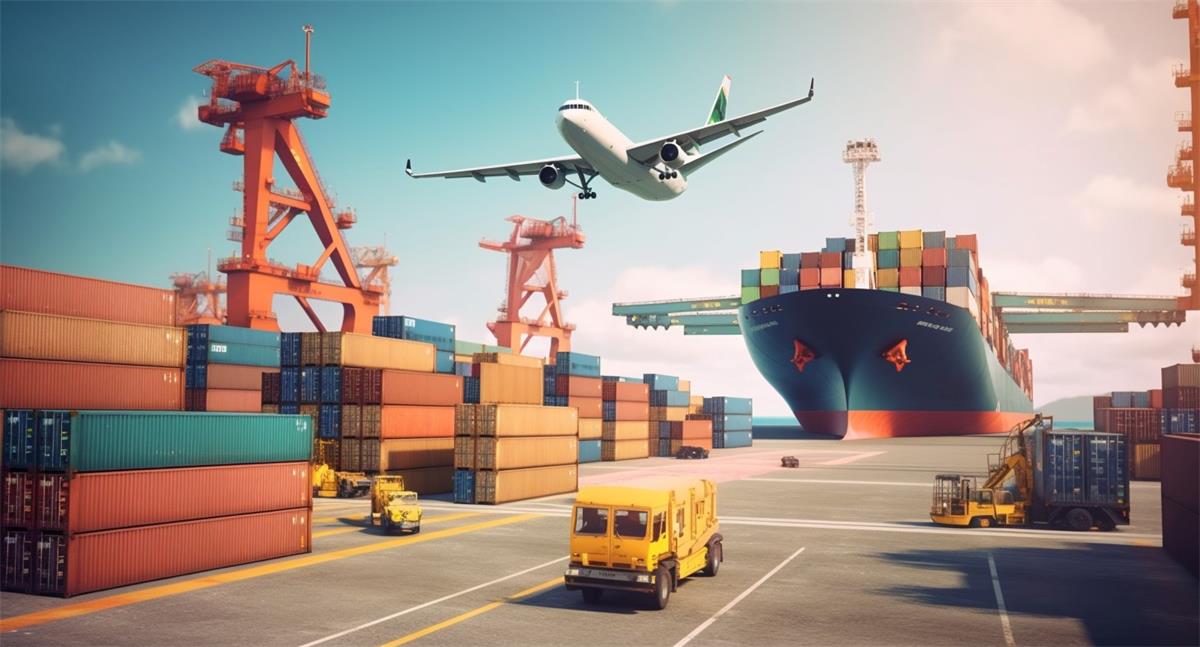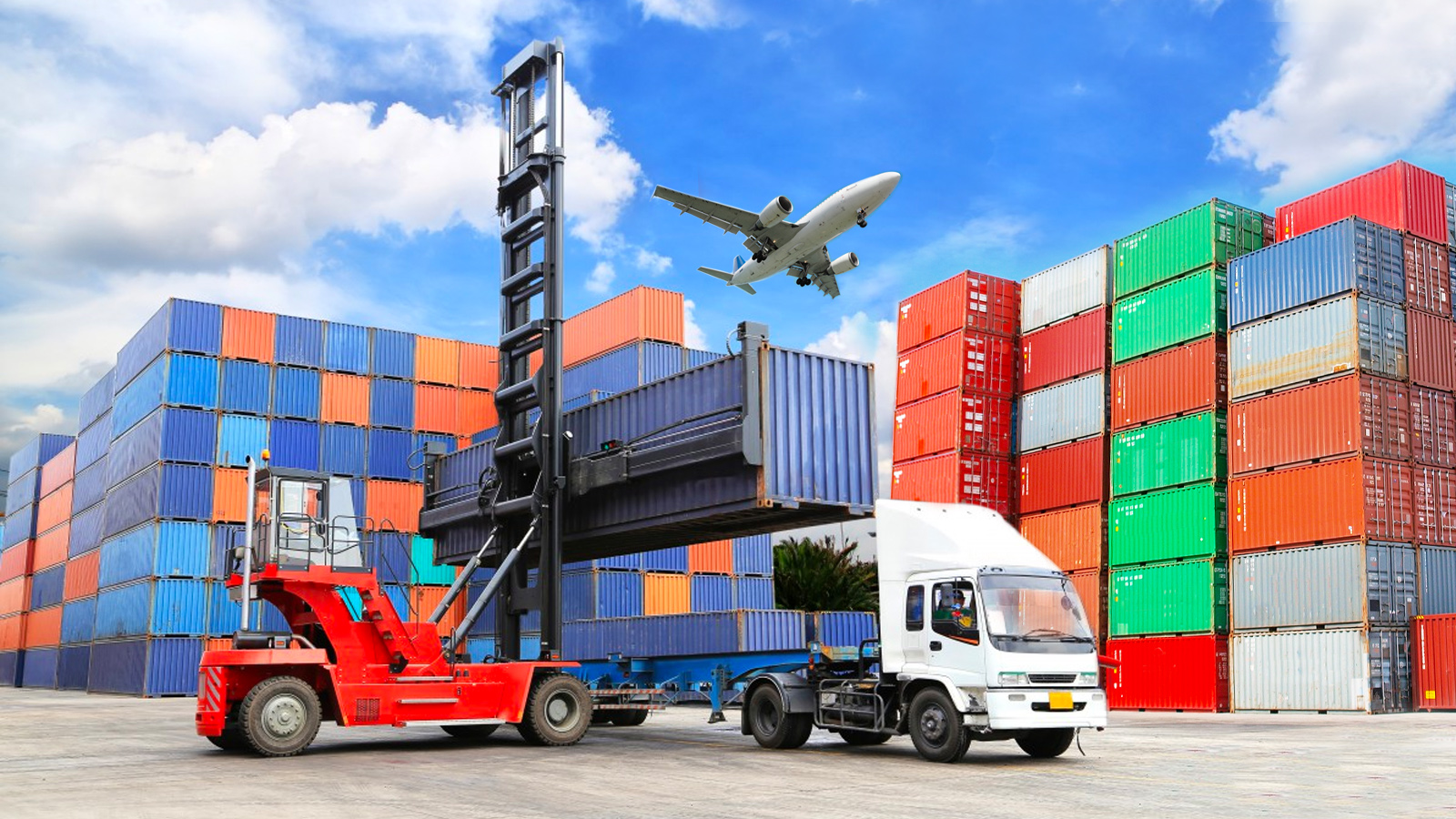Hooking up Continents: The Essential Position of Freight Forwarders

As international business continues to progress, freight sending is now increasingly sophisticated, demanding forwarders to adapt to new challenges and enhancements in the business. On this page, we'll investigate how freight forwarder browse through these intricacies and leveraging improvements to perfect the path more effectively.

One of the primary obstacles experiencing freight forwarders may be the powerful nature of global business polices. Tariffs, business arrangements, and customs processes are constantly shifting, demanding forwarders to be abreast of the latest advancements and make sure conformity with pertinent polices. This necessitates on-going coaching and education to help keep rate using the growing regulatory landscape.
In addition to regulatory challenges, freight forwarders must also contend with logistical complexities like multimodal transport, very last-mile delivery service, and products control. These aspects require forwarders to embrace an all natural approach to route preparing, taking into account not only transport productivity but also warehousing, distribution, and gratification considerations.
To satisfy these problems, freight forwarders are increasingly embracing technologies and development. Superior software solutions allow forwarders to improve ways, keep track of shipments in real-time, and automate documentation processes, streamlining operations and decreasing the chance of problems. Additionally, promising systems such as blockchain and synthetic knowledge contain the promise of further modifying the freight sending sector, providing improved presence, protection, and productivity.
Another area of innovation in freight forwarding is sustainability. With developing concerns about global warming and enviromentally friendly affect, forwarders are under pressure to lessen the carbon dioxide footprint of transportation functions. This might require refining ways to minimize gasoline intake, investing in alternative fuels as well as-productive automobiles, or partnering with providers that prioritize sustainability initiatives.
In addition, the increase of e-trade has released new obstacles and options for freight forwarders. The fast expansion of shopping online has led to an increase in small parcel deliveries, posing logistical problems for classic freight sending procedures. Nevertheless, additionally, it presents new possibilities for forwarders to supply worth-included providers such as gratification, turn back logistics, and e-business integration.

To summarize, learning the route in today's freight sending industry calls for forwarders to navigate a complicated scenery of regulatory problems, logistical complexities, and engineering inventions. By staying nimble, embracing creativity, and leveraging technological innovation for their advantage, forwarders can boost performance, lessen fees, and deliver exceptional service to their clients inside an increasingly very competitive international market place.
